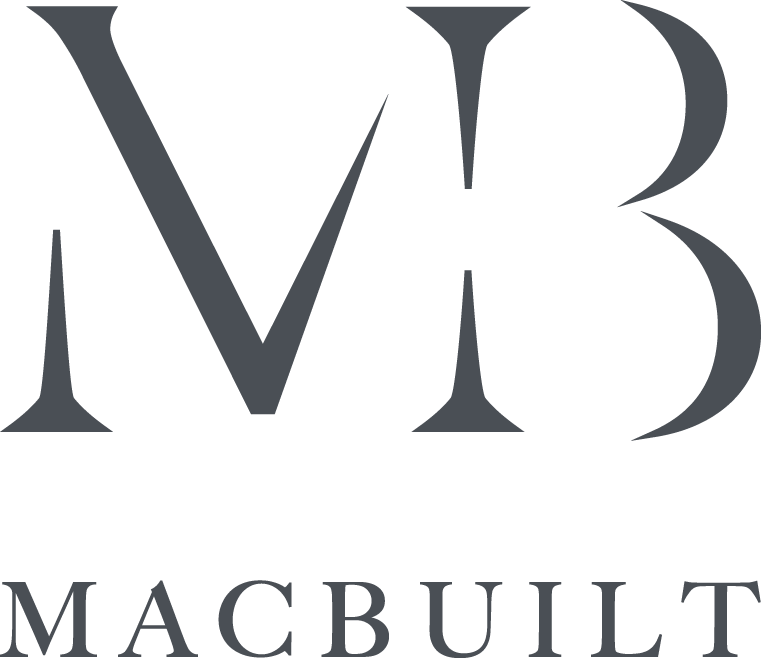The cost of building a new home or remodeling an existing home is influenced by several factors. These include the size and layout of the house, the quality of materials used, the location of the property, and any customization or additional features you desire. To provide you with budgetary guidance, we offer a free consultation where we discuss your needs, assess the project requirements, and provide a range of costs based on our experience and the pricing of past projects.
Client FAQ's
How long does the construction process take?
The duration of the construction process varies depending on the complexity and scale of the project. Building a residential home typically takes anywhere from 6 to 12 months but this can vary. Factors that influence the timeline include the size of the house, the weather conditions during construction, the availability of materials, and any unforeseen challenges that may arise. During our initial consultation, we evaluate your specific project and provide a more precise timeline based on its unique characteristics.
Can we live in our house during our remodeling project?
The answer is different for everyone. As we all know it is never Ideal to live in a home where work is constantly being performed. Not having a kitchen or bathroom really adds to the frustration. Every family must answer this question and it boils down to tolerance and budget. If you do have to live in a home during a remodel it is paramount that there is a high level of communication between the Contractor and homeowner and the Contractor and Subcontractors. Having a professionally managed project is a key to that communication process.
What is the first step in the construction process?
After we have had our first conversations and determine we are a “good fit” we enter into an agreement called the Preconstruction Services Agreement (PSA). That is the first step with starting your construction project.
What is preconstruction, and why is it an important part of the residential home construction process?
The Preconstruction Process is one of the most important keystones that support “Our Process for Success”. Preconstruction is the phase of a residential home construction project that takes place before actual construction begins. It encompasses all the planning and preparation work that is done in advance of the construction phase (e.g. site analysis, creating plans, making all selections, budgeting, and permitting). Pre-construction is important because it helps ensure that the project is planned and designed in the most efficient and effective way possible, minimizing risks and maximizing the chances of success.
What are the goals of preconstruction, and how do they contribute to the overall success of the project?
The primary goals of preconstruction are to identify potential issues and challenges that could impact the construction project, to develop a comprehensive plan that outlines all aspects of the construction process, and to create a budget and schedule that align with the building owner’s goals and objectives. By achieving these goals, the preconstruction phase can help ensure that the project is completed on time, within budget, and to the building owner’s specifications.
What types of surveys and assessments are conducted during the pre-construction phase, such as land surveying and soil testing?
During the preconstruction phase, various surveys and assessments are conducted to gather information about the site or the existing building and to inform the design team to help with the planning of the project. These may include topographic surveys, which identify the contours of the land and any natural features that may impact construction, and soil testing, which determines the quality and stability of the soil on the site. Other assessments may include environmental impact studies, traffic impact analyses, and utility assessments to determine the availability of water, sewer, and electrical services.
How is budgeting conducted during the preconstruction phase, and what factors are considered in this process?
Budgeting during the preconstruction phase involves estimating all of the costs associated with the construction project. This includes identifying the costs of materials, labor, permits, and any other expenses that may arise during the construction process. Factors considered in this process typically include the size and complexity of the project, the site conditions, and any special features or materials that the building owner may want to include.
How is scheduling managed during the preconstruction phase, and what factors are considered in this process?
Scheduling during the preconstruction phase involves developing a timeline that outlines the various stages of the construction process and identifies the expected completion dates for each stage. Factors considered in this process typically include the availability of materials, equipment, and labor, as well as any potential delays that may arise due to weather or other external factors.
What is the timeline for the preconstruction phase, and how long does this process take typically?
The timeline for the preconstruction phase lays out all of the steps necessary to develop the project to the point of getting a Building Permit and a Construction Contract signed. Typically, the preconstruction phase can take anywhere from a few weeks to several months to complete. It is important to allow sufficient time for the preconstruction phase to ensure that all necessary planning and preparation is completed prior to the start of construction.
What is the role of design during the preconstruction phase, and how is the design process managed?
Design plays a critical role in the preconstruction phase, as it helps to establish the overall look and feel of the construction project. During this phase, the construction team will work closely with the building owner and other stakeholders to develop a detailed design plan, which may include schematic drawings, 3D renderings, and other visual representations of the project. The design process is typically managed by an architect or design professional, who works closely with the construction team to ensure that the design is both functional and aesthetically pleasing.
What type of contract is used for your construction projects?
We use a Stipulated Sum Contract for all our projects. The preconstruction process that we work on together allows us to clearly define all the costs of the project so we can give you a price for your completed project. This contract clearly describes who is responsible for all parts of the construction project and defines all the terms of our working relationship.
How are payments scheduled for the construction project?
Depending on the size of the project we either request payments on the completion of specific milestones or we will bill monthly based on a percentage of completion of each of the specific line items. These terms will be clearly specified in our Construction Agreement.
What kind of warranty do you offer on your construction work?
We believe in the quality and durability of our construction work. As a result, we offer a warranty on our residential construction projects. The specific warranty period may vary depending on the scope and nature of the project. During our initial consultation, we will provide you with the details of our warranty coverage, including what aspects are covered and for how long. This warranty ensures that you can have peace of mind
knowing that any potential issues related to our work will be addressed promptly.
What kind of warranty do you offer on your construction work?
Absolutely! We take pride in our work and can provide you with a portfolio showcasing our previous residential construction projects. The portfolio will demonstrate the quality of our craftsmanship, attention to detail, and the range of designs and styles we have experience in. We are also happy to provide references from our satisfied clients who have worked with us in the past. These references can offer insights into their experience working with our company and the quality of our service.

